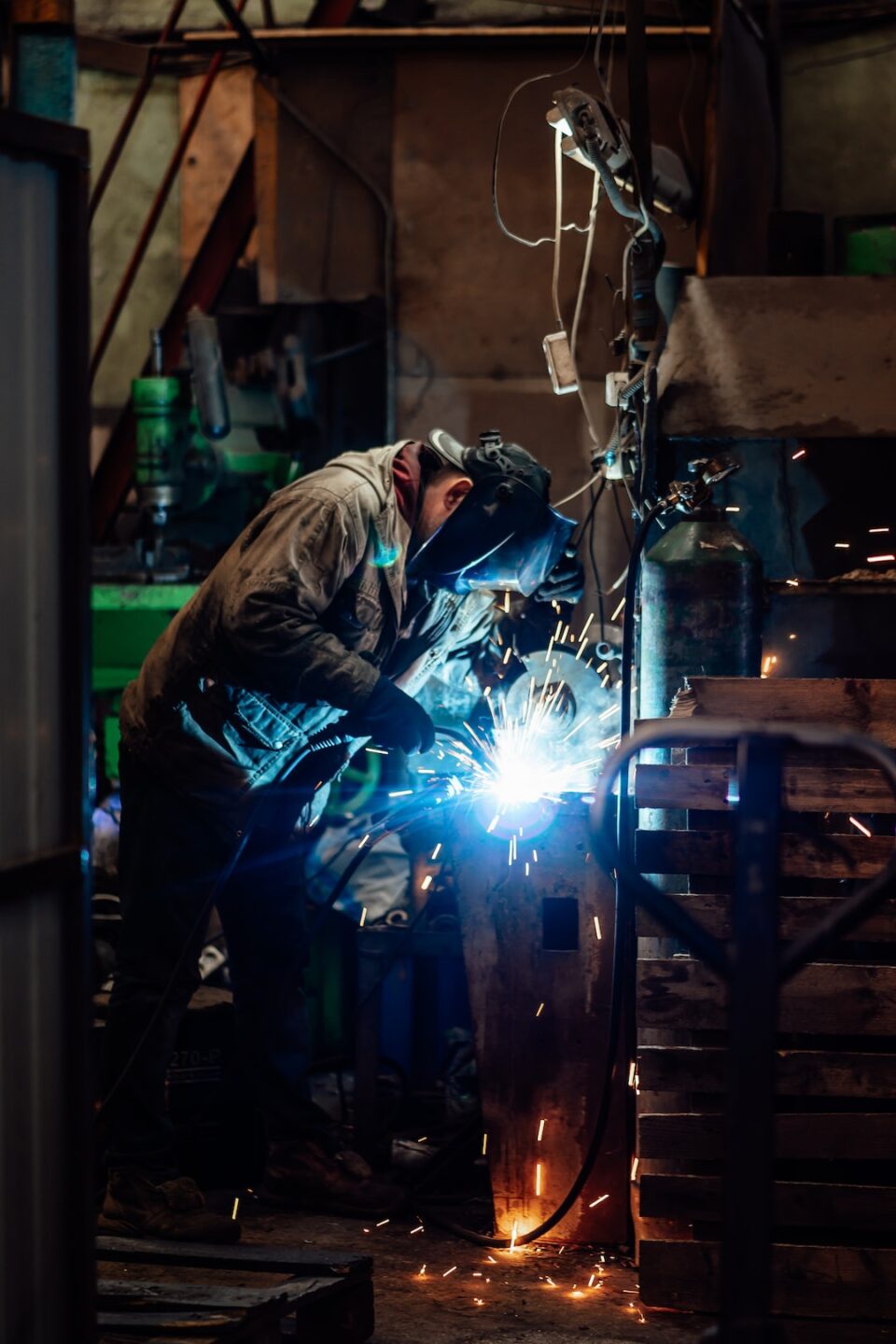The Importance of Skilled Labor in the Manufacturing Sector
In today’s fast-paced world, it is undeniable that technology has revolutionized the way we live and work. Automation and artificial intelligence have drastically changed various industries, and the manufacturing sector is no exception. While these technological advancements have improved efficiency and productivity, there is still a crucial need for skilled labor in the manufacturing sector.
Skilled labor refers to workers who possess specialized skills, knowledge, and expertise in a particular field. In the manufacturing sector, these workers are instrumental in ensuring the smooth operation of the production process. Despite the rise of automation, skilled labor remains indispensable for several reasons.
Firstly, skilled labor brings a level of expertise and craftsmanship that machines simply cannot replicate. These workers possess years of experience and have honed their skills through extensive training. They excel at intricate tasks that require precision and attention to detail, such as molding, welding, and assembling complex components. Without skilled labor, the quality of manufactured products would suffer, negatively impacting the reputation of businesses and their ability to compete in the market.
Skilled labor also plays a pivotal role in innovation within the manufacturing sector. While machines can perform repetitive tasks with unmatched speed and accuracy, they lack the ability to think critically or come up with creative solutions to problems. Skilled laborers, on the other hand, are more adaptable and can quickly troubleshoot issues that may arise in the production process. Their experience allows them to identify potential improvements and suggest modifications to enhance efficiency and product quality.
Furthermore, the presence of skilled labor promotes a culture of continuous learning and improvement within manufacturing organizations. These workers possess a wealth of knowledge that they share with their colleagues and pass down to the next generation of workers. They serve as mentors, guiding and training new employees on the intricacies of their craft. This knowledge transfer ensures that valuable skills are not lost and helps to maintain a skilled workforce for years to come.
Another vital reason for the importance of skilled labor in the manufacturing sector is the need for adaptability and customization. While automation may excel in mass production of standardized goods, there is a growing demand for customized products to cater to individual customer preferences. Skilled laborers have the ability to tailor products to specific requirements, such as personalizing a piece of furniture or customizing a car. Their expertise ensures that these products are made with precision and attention to detail, meeting the unique needs of customers.
Furthermore, the manufacturing sector is not immune to unexpected events, such as equipment failures or power outages. In such situations, skilled laborers can quickly adapt and take over manual tasks that machines would typically perform. Their versatility allows them to keep the production process running smoothly, minimizing downtime and preventing significant financial losses for businesses.
Lastly, the importance of skilled labor in the manufacturing sector extends beyond the production floor. Skilled workers often hold vital positions in management and are responsible for decision-making processes. Their deep understanding of the manufacturing process enables them to make informed choices regarding production techniques, equipment purchases, and overall process improvement. Their expertise contributes to the strategic planning and growth of businesses, making them indispensable assets to the manufacturing sector.
In conclusion, while automation and technology have undoubtedly revolutionized the manufacturing sector, the importance of skilled labor cannot be overstated. Skilled labor brings expertise, craftsmanship, innovation, and adaptability to the production process. These workers play a crucial role in ensuring product quality, promoting a culture of continuous learning, and meeting the individual needs of customers. Their versatile skills and ability to think critically contribute to the overall success and competitiveness of the manufacturing sector. As technology continues to evolve, it is essential to maintain a balance between automation and skilled labor, recognizing the value and contributions of these indispensable workers.

